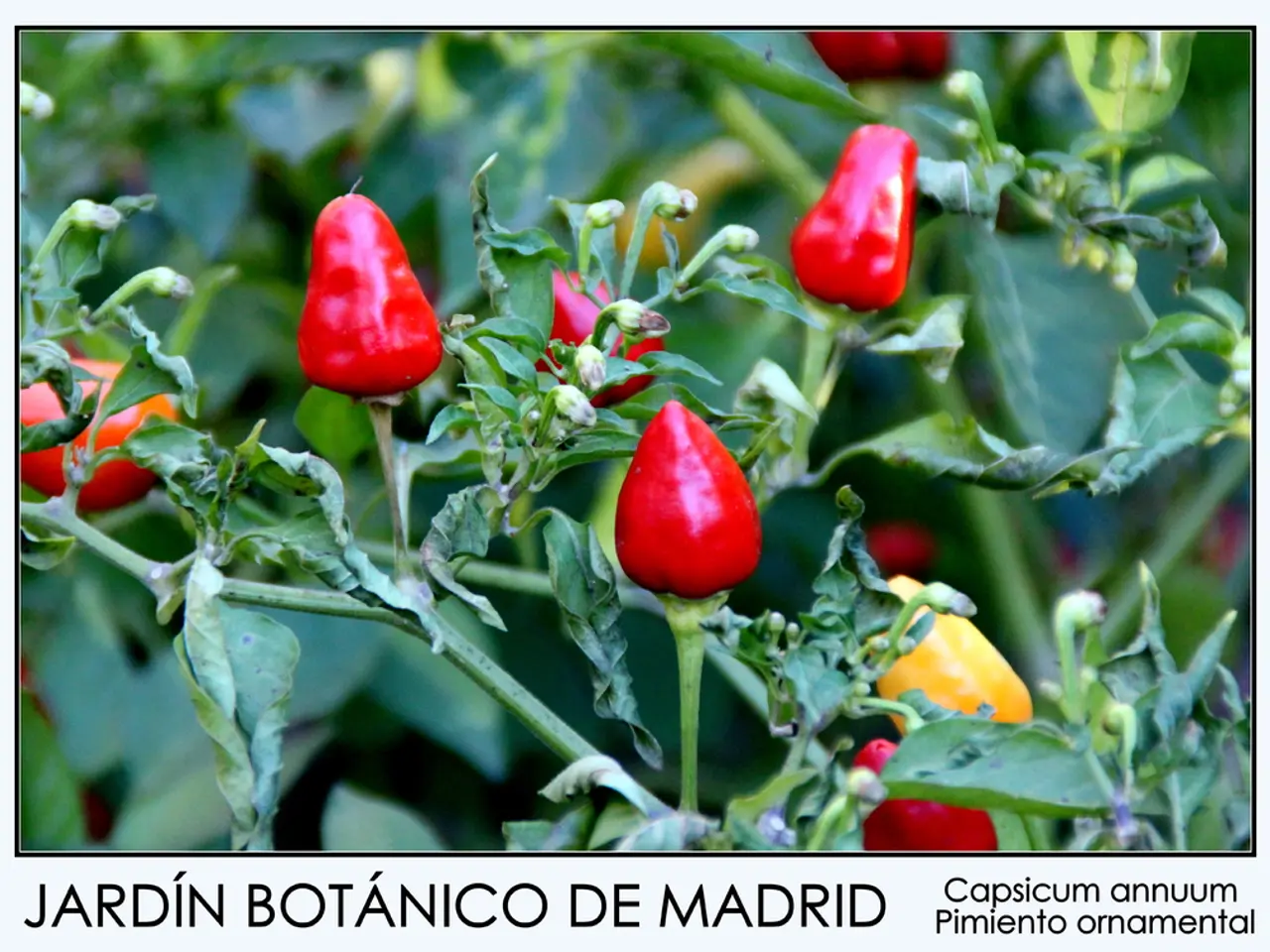Investigating the Link Between Spicy Food Consumption and Stomach Cancer: Insights From Scientific Studies
In the ongoing debate about diet and cancer, one question that often arises is the role of spicy foods in the development of stomach cancer. While some may believe that consuming spicy foods could increase the risk, the current understanding indicates no clear or strong evidence directly linking spicy food consumption to an increased risk of stomach cancer.
Although excessive intake of spicy foods may cause irritation or discomfort in the digestive tract, research does not support spicy foods as a cause of gastric cancer specifically. Some concerns exist about excessive spicy food causing symptoms or increasing risk for other cancers such as esophageal cancer, but evidence remains inconclusive and mostly focused on irritation or inflammation rather than direct carcinogenesis.
On the other hand, other dietary risks for stomach or gastrointestinal cancers are better supported. Processed and red meats, especially if heavily grilled or charred, which produce carcinogenic compounds like heterocyclic amines and polycyclic aromatic hydrocarbons, are established risk factors. Moderation of these foods is recommended to reduce cancer risk.
The main dietary cancer prevention recommendations emphasize balanced eating with variety and moderation rather than eliminating specific flavor profiles like spicy foods. A diet rich in fruits and vegetables, whole grains, and other protective foods may help reduce the risk of stomach cancer. Certain foods, such as fruits and vegetables high in vitamin C and beta carotene, whole-grain cereals, green tea, and garlic, may have a protective effect.
It's important to note that being overweight or obese increases the risk of some cancers, including stomach cancer. Other factors, such as age, sex, and genetics, cannot be avoided, but people can reduce their chances of developing the disease by making lifestyle changes like maintaining a moderate weight, quitting smoking, limiting alcohol intake, reducing consumption of processed meats and salted meats, and treating Helicobacter pylori infections with antibiotics.
Early detection is crucial in the treatment of stomach cancer. Stomach cancer affects males more often than females and is most common in those aged 60-80. Doctors can treat stomach cancer more easily in the early stages, so anyone experiencing stomach cancer symptoms should speak with a doctor as soon as possible. Treatment options include surgery, targeted drugs, immunotherapy, and other treatments to destroy remaining cancer cells.
In conclusion, while foods producing carcinogenic compounds through high-heat cooking and processed meats are established risk factors, spicy food consumption alone is not currently recognized as a significant risk factor for developing stomach cancer. Any discomfort or gastritis caused by spicy foods does not equate to elevated stomach cancer risk based on current evidence. As always, maintaining a balanced diet and a healthy lifestyle is key to reducing the risk of many diseases, including stomach cancer.
- Science has not found clear evidence that consuming spicy foods directly increases the risk of stomach cancer, despite some concerns about its potential role in the development of gastric cancer.
- While moderation of processed and red meats is recommended to reduce cancer risk, current evidence does not show spicy foods as a significant risk factor in the development of health-and-wellness conditions like stomach cancer.
- In the context of health-and-wellness and nutrition, a balanced diet rich in protective foods like fruits, vegetables, whole grains, green tea, and garlic may offer a reduced risk of stomach cancer, but spicy food consumption alone is not generally regarded as a risk factor for this medical condition.




